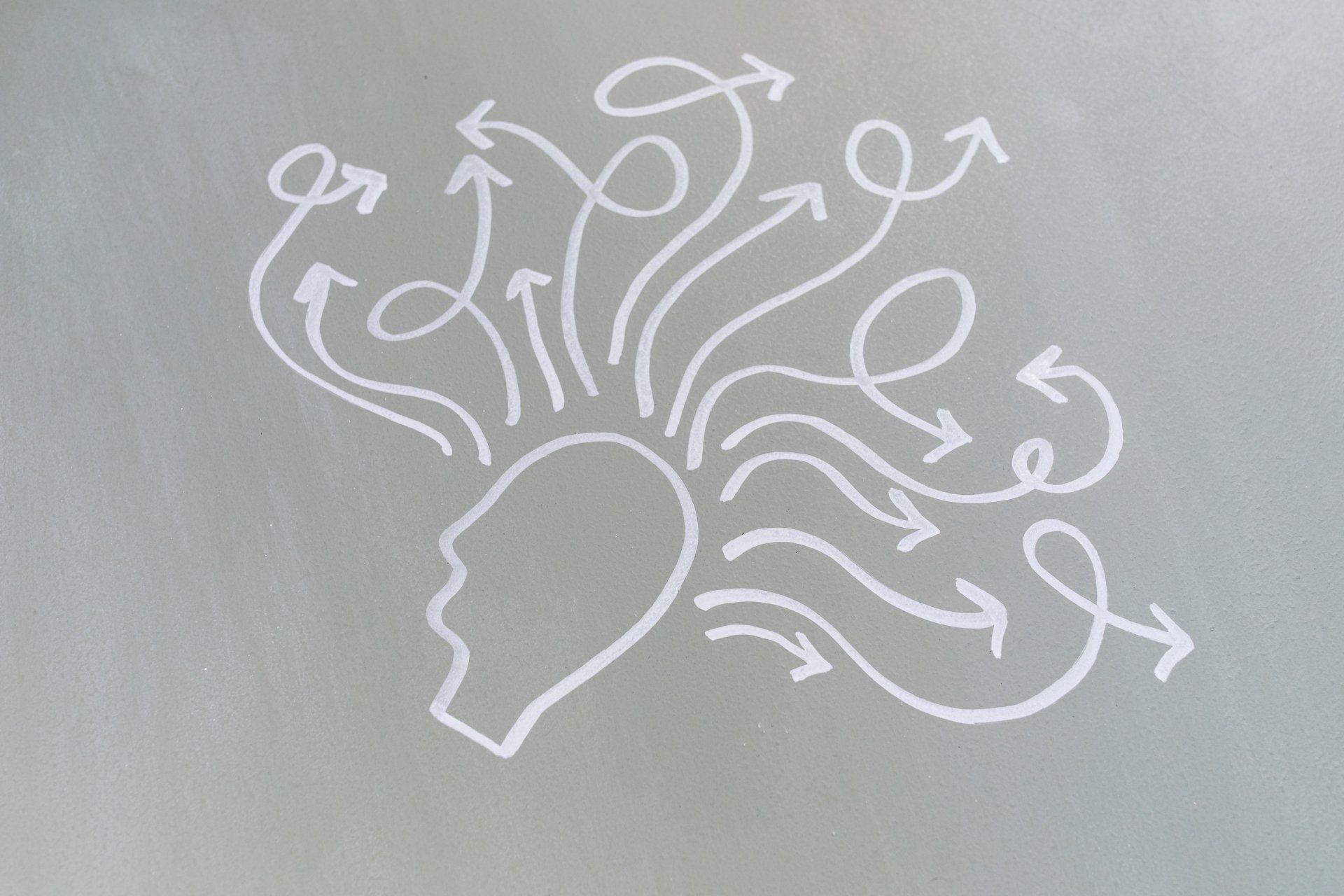Sleep Deprivation: Reasons Why You Might Have Social Withdrawal
SLEEP AND SOCIAL ISOLATION
Human beings are social beings. Regardless of whether you consider yourself an extrovert or an introvert, we as humans need social interaction to live a healthy life. In fact, studies have found that lack of social belonging may put you at risk of developing depression and even cardiovascular disease. In the past, there have been studies which indicate that people who are socially isolated do not get enough and/or good quality of sleep. However, the real question is, can an individual develop social withdrawal due to sleep loss?
RESEARCH STUDY
Post-Doctoral Fellow Eti Ben Simon and Scientist Matthew Walker from the University of California, Berkeley conducted two studies to find the answer to this question. The first study they conducted was purely online whereas the second study was a combination of online and in-person. For the first study, a total of 138 participants recorded their sleeping patterns for 2 nights and answered a questionnaire regarding loneliness and social behaviour. As for the second study, 18 participants were given a social distance task to complete. The social distance task involved the participant and the experimenter taking turns walking towards one another. The participant was then required to specify the moment they felt that the experimenter was at an uncomfortably close distance to them. Basically, the social distance task measured the participant’s desire to approach and be approached by an individual. While this task was done in person, there was also a computerized version of it which was completed by the participants as they underwent a functional magnetic resonance imaging (fMRI) scan.
The fMRI scan gave Simon and Walker the opportunity to observe activity differences in two different brain networks called the Theory of Mind Network and the Near Space Network. The Theory of Mind Network is associated with voluntary behaviours that benefit another person and/or group of people, whereas the Near Space Network is associated with personal space in respect to another person. In addition, the participants were asked questions on a variety of different topics and their answers were filmed. These videos were then shown to over 1000 online raters to judge the participants based on these three questions:
-
1) Would you like to interact with the participant?
-
2) How lonely do you think the participant is?
-
3) How lonely does the participant make you feel?
OUTCOMES AND IMPACT
The results of this study are as follows:
-
1) Social distancing behaviour increased when participants were sleep-deprived
-
2) When participants were sleep-deprived, there was increased activity in the Near Space network (personal space) and decreased activity in the Theory of Mind network (prosocial behaviour). In simpler terms, the more sleep-deprived the participant was, the less likely they were to want to approach others or be approached.
-
3) Online raters were more likely to judge a sleep-deprived participant as being lonely and making others feel lonely. In addition, online raters expressed that they were less willing to interact with someone who appeared sleep deprived.
Simon and Walker’s experimental study clearly shows a positive correlation between sleep deprivation and social isolation. With this in mind, it is recommended that everyone gets a minimum of 7-8 hours of sleep per day to ensure a healthy and happy life.
If you are sleep deprived or struggle with sleep, Z-score Neurofeedback may be helpful for you. Click here to learn more about Z-score Neurofeedback.
REFERENCES











